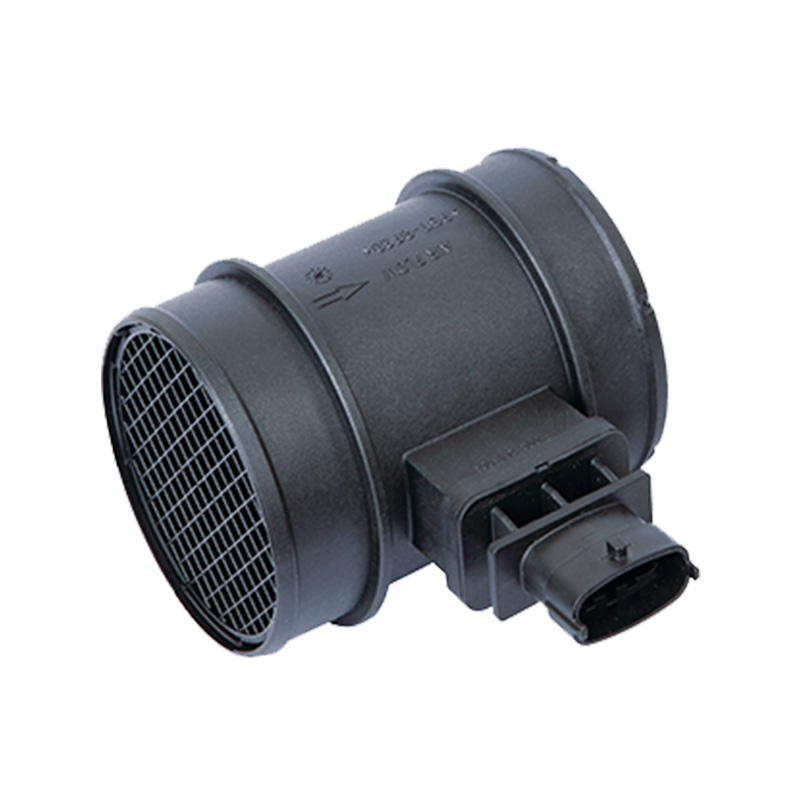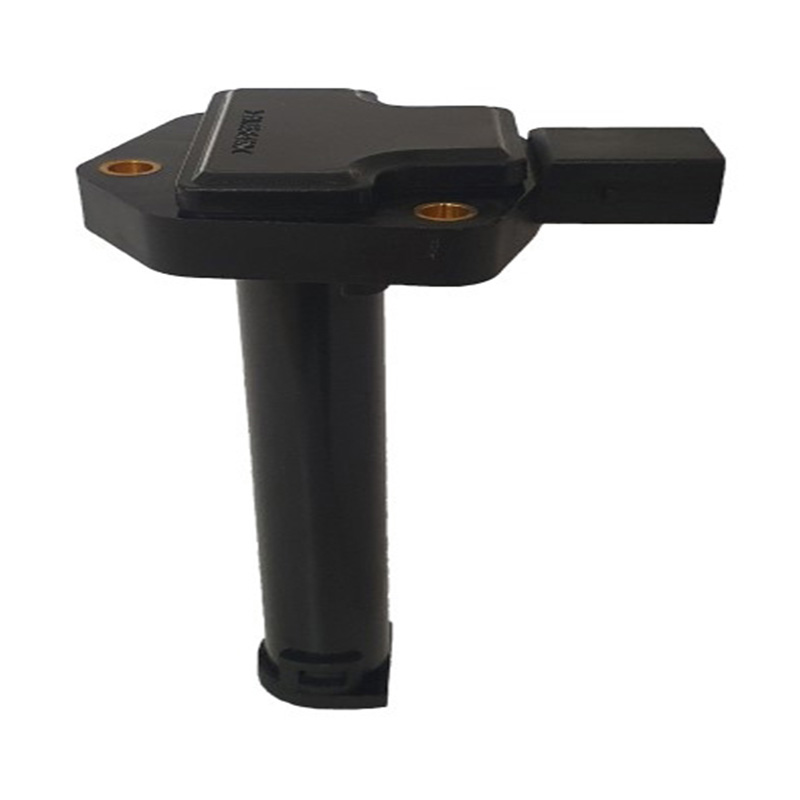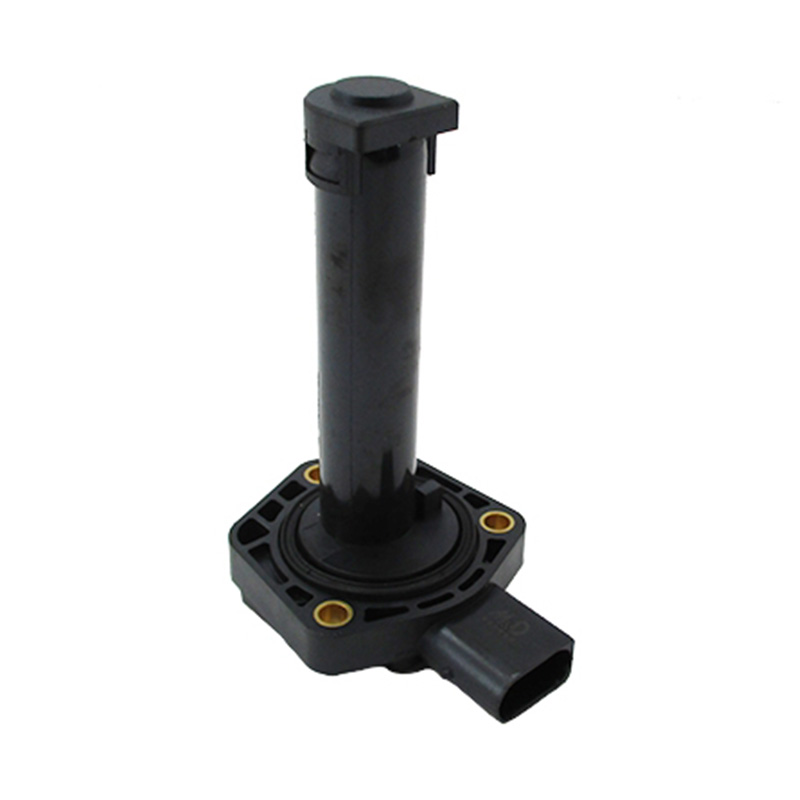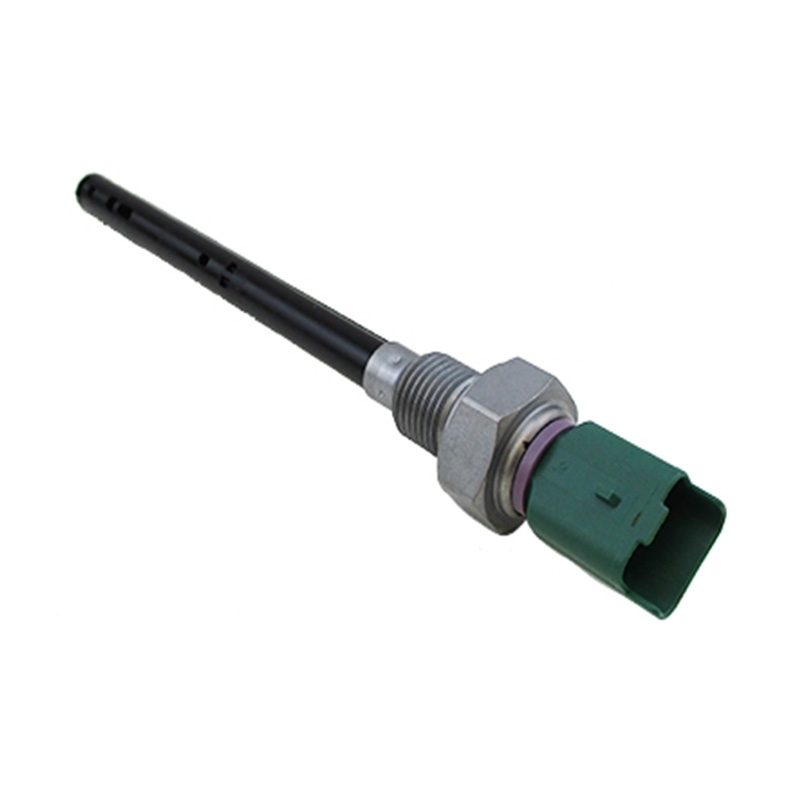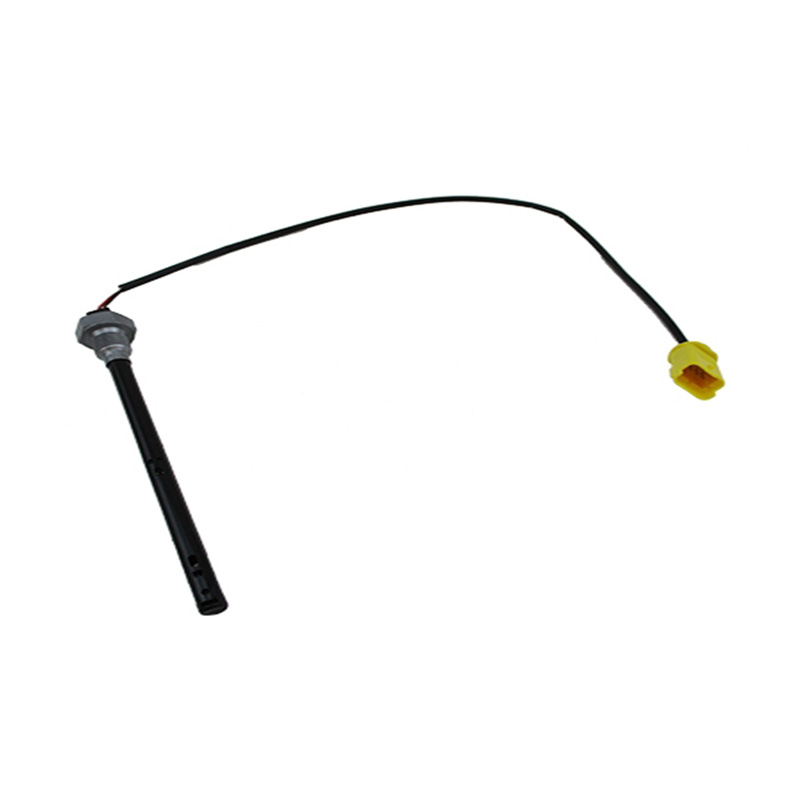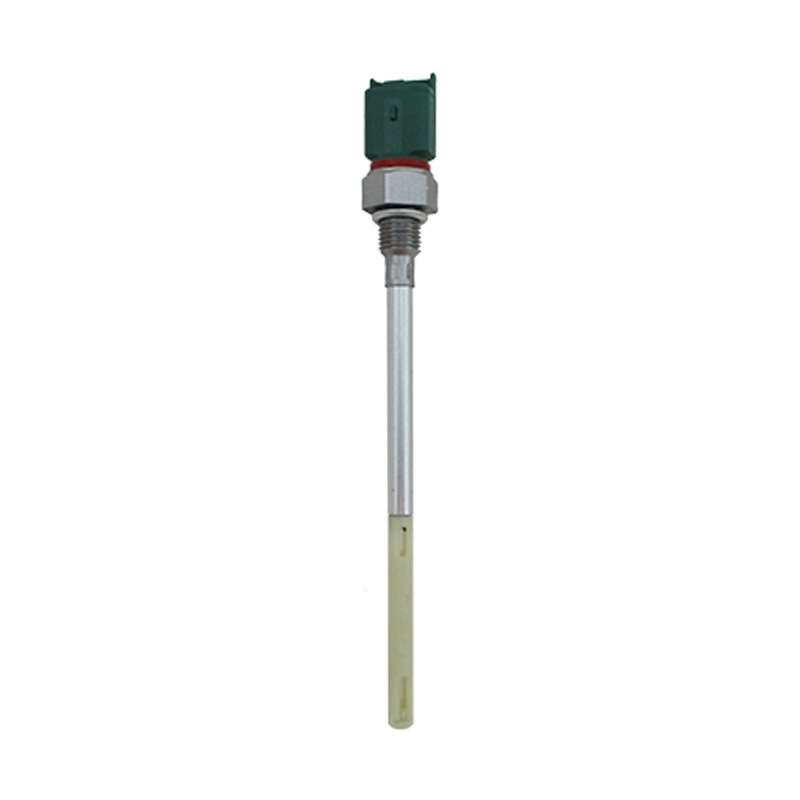OEM.NO: 0281 002 618
See DetailsThe Spectrum of Tire Issues Monitored by Auto Tire Pressure Sensors
Auto tire pressure sensors stand as silent sentinels, tirelessly monitoring the health and integrity of vehicle tires. Beyond simply detecting air pressure levels, these sensors possess the capability to identify and alert drivers to a wide range of tire-related issues, ensuring safety, performance, and longevity on the road. Let's delve into the multifaceted spectrum of tire problems that auto tire pressure sensors can monitor, offering drivers peace of mind and confidence in their driving experience.
Understanding Auto Tire Pressure Sensors:
Auto tire pressure sensors, also known as tire pressure monitoring systems (TPMS), are sophisticated devices integrated into modern vehicles to monitor tire air pressure in real-time. These sensors utilize various technologies to detect deviations from recommended pressure levels, providing drivers with timely alerts and warnings to address potential tire issues.
Types of Tire Problems Monitored:
Underinflation:
One of the primary issues monitored by auto tire pressure sensors is underinflation. When a tire's air pressure drops below the recommended level, it can lead to a host of problems, including reduced traction, increased rolling resistance, and accelerated tire wear. Auto tire pressure sensors promptly detect underinflated tires and alert drivers to inflate them to the appropriate pressure, thereby mitigating safety risks and preserving tire integrity.
Overinflation:
Conversely, overinflated tires pose their own set of challenges, including reduced grip, uneven tire wear, and compromised ride comfort. Auto tire pressure sensors are capable of detecting overinflated tires by monitoring pressure levels exceeding the recommended threshold. By alerting drivers to overinflation, these sensors enable adjustments to be made to restore good tire performance and handling characteristics.
Tire Puncture or Damage:
Auto tire pressure sensors can also detect tire punctures or damage that may compromise tire integrity and safety. Sudden drops in air pressure caused by punctures or cuts in the tire sidewall trigger alerts from the sensors, prompting drivers to inspect the affected tire for signs of damage or leakage. Detecting and addressing tire punctures promptly can prevent further damage and potential blowouts, ensuring continued safe operation of the vehicle.
Temperature-Induced Pressure Changes:
Temperature fluctuations can affect tire air pressure, professional to variations in pressure levels over time. Auto tire pressure sensors are equipped to monitor these temperature-induced pressure changes and differentiate them from abnormal pressure fluctuations caused by tire issues. By providing drivers with context-sensitive alerts, these sensors help distinguish between normal variations and potential tire problems, fostering proactive maintenance and care.
Sensor Malfunction:
While rare, auto tire pressure sensors themselves may experience malfunctions or failures that can impact their ability to accurately monitor tire pressure. Sensor malfunctions, such as battery depletion, signal interference, or sensor calibration errors, can lead to false readings or no readings at all. Auto tire pressure sensors are designed to detect such malfunctions and alert drivers to the need for sensor inspection or replacement to maintain system reliability and accuracy.
The auto tire pressure sensors play a pivotal role in monitoring various types of tire issues, ranging from underinflation and overinflation to punctures, damage, and temperature-induced pressure changes. By providing drivers with real-time alerts and warnings, these sensors empower proactive maintenance and intervention, enhancing safety, performance, and longevity of vehicle tires. As automotive technology continues to advance, auto tire pressure sensors will remain indispensable components, safeguarding drivers and vehicles against tire-related hazards on the road.
